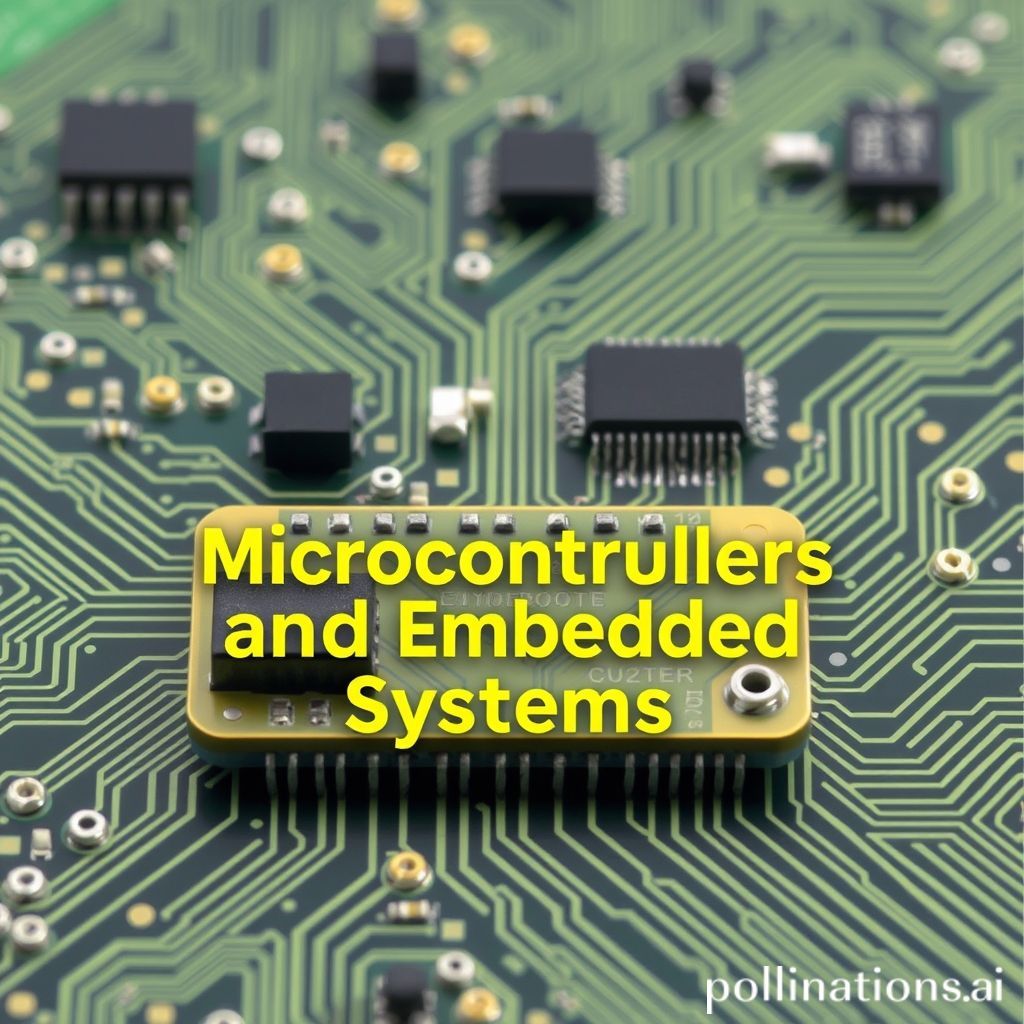
Exploring the World of Microcontrollers and Embedded Systems
Microcontrollers and embedded systems have become integral components of modern technology, influencing various fields such as automation, robotics, consumer electronics, and healthcare. Their ability to perform specific tasks within a larger system makes them essential for enhancing functionality and efficiency.
What are Microcontrollers?
Microcontrollers are compact integrated circuits designed to govern a specific operation in an embedded system. They consist of a processor core, memory, and programmable input/output peripherals. Unlike general-purpose computers, microcontrollers are specialized for controlling devices and processes, making them efficient and cost-effective.
Key Components of Microcontrollers
- Central Processing Unit (CPU): The brain of the microcontroller, responsible for executing instructions.
- Memory: Comprises both ROM (Read-Only Memory) for storing firmware and RAM (Random Access Memory) for temporary data storage.
- I/O Ports: Interfaces for connecting peripherals such as sensors, switches, and displays.
- Timers/Counters: Essential for working with time-based operations and precise control.
What are Embedded Systems?
An embedded system is a combination of hardware and software designed to perform a dedicated function within a larger system. It can be standalone or operate within a larger network, often without direct user interaction. Examples of embedded systems include washing machines, medical devices, and smart home appliances.
Applications of Microcontrollers and Embedded Systems
- Consumer Electronics: Televisions, cameras, and kitchen appliances utilize microcontrollers for automation and enhanced user interfaces.
- Automotive Systems: Modern vehicles are equipped with various embedded systems for engine management, navigation, and safety features.
- Medical Devices: Microcontrollers enable critical functions in devices like pacemakers, blood glucose monitors, and diagnostic equipment.
- Industrial Automation: Programmable Logic Controllers (PLCs) and robotics rely on microcontrollers to manage complex processes efficiently.
Benefits of Using Microcontrollers in Embedded Systems
Microcontrollers offer several advantages when integrated into embedded systems:
- Cost-Effective: Their low cost makes it feasible for mass production of consumer devices.
- Power Efficiency: Designed for low power consumption, extending battery life in portable applications.
- Small Form Factor: Compact design allows integration into various devices without adding significant bulk.
- Flexibility: Programmable nature enables customization for specific applications.
The Future of Microcontrollers and Embedded Systems
As technology evolves, the world of microcontrollers and embedded systems is expected to undergo significant advancements. Innovations such as the Internet of Things (IoT), artificial intelligence, and machine learning are poised to revolutionize the way these systems operate, providing enhanced connectivity and intelligence.
In conclusion, microcontrollers and embedded systems play a pivotal role in our daily lives, driving innovation across multiple industries. As we continue to explore their potential, these technologies will undoubtedly contribute to smarter, more efficient systems that shape the future.
